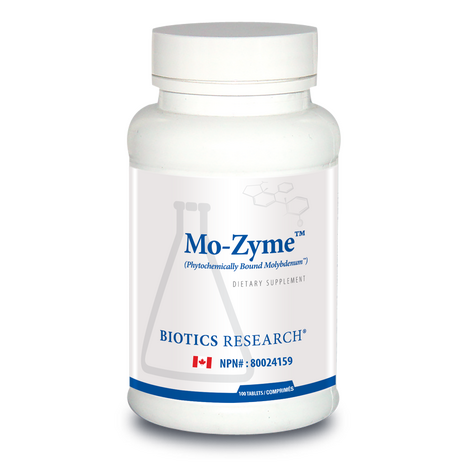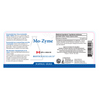Molybdenum: Multiple Chemical Sensitivities, Reactions, and Condiment Allergies. Mo is a cofactor for sulfite oxidase, necessary for the metabolism of sulfur-containing amino acids; xanthine oxidase contributes to the antioxidant capacity of the blood; aldehyde oxidase joins xanthine oxidase in the metabolism of drugs and toxins and is a reducing mitochondrial component of amidoxime, which stimulates the elimination of toxic substances. Mo is a copper antagonist, making it effective in reducing fibrotic, inflammatory, and autoimmune diseases. It can inhibit pulmonary and hepatic fibrosis and may protect against cancer, particularly esophageal cancer. It is a component of several important interactions that lead to liver detoxification. It is involved in the purine degradation and uric acid formation pathways and is involved in the breakdown of these wastes. Consider multiple chemical sensitivities to MSG, sulfites, formaldehyde, aromatic compounds, smoke, perfume, automobile exhaust, and gas cleaning in the internal environment; rule out vitamin B12 deficiency. Use for fibrotic liver, fibromyalgia, autoimmune deficiencies, and all inflammatory processes. It is also involved in the chemical reactions that form bones, cartilage, and blood.
Adults: Take 2 tablets three times daily with meals or as directed.
Ingredients: Plant culture source of molybdenum 50 mcg



